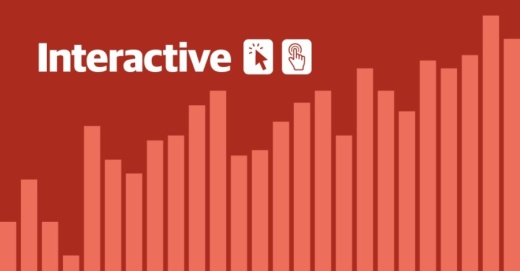The $6.05 million sales tax allocation for McKinney was based generally on purchases in June, the Texas comptroller’s office reported July 8. In June 2019, McKinney received more than $5.23 million in sales tax revenue.
McKinney fared better than neighboring cities that also posted year-over year increases. Plano had about a 1% increase in August, and Frisco and Allen were up by about 10% and 9%, respectively.
This marks the third month in a row McKinney has reported a year-over-year increase in sales tax revenue. McKinney’s sales tax payments for July were up by about 18%, and in June they were up by about 12%. McKinney Chief Financial Officer Mark Holloway noted this was the first time these neighboring cities had experienced a year-over-year increase in sales tax revenue since the COVID-19 pandemic.
“While our sales taxes are great, we're hoping that they're sustainable,” Holloway said. “We need to see more evidence that they will be, especially if the economy possibly takes a further downturn.”
Most of the sales tax information provided to the city is confidential, but Holloway said that McKinney’s strong sales tax numbers can be attributed to two factors: the strength of big-box retailers during the pandemic and the collection of sales tax from online sales.
“I think that we've just seen a bigger uptick than some of our sister cities,” Holloway said. “So those two factors are keeping us stronger.”
While the sales tax growth has been strong, Holloway said the finance department is keeping in mind some “headwinds” that are affecting the city’s revenue. For instance, the city is seeing a downturn in some of its building permits, which are usually a fairly large revenue source for the city, Holloway said. In addition, a state Senate bill in the last legislative session cut the city’s franchise fees, resulting in about $1 million in revenue loss, he said. Interest rates in the city are also down.
“It's good to have the sales tax that's coming in strong because it's making up for some of these deficiencies in other areas,” Holloway said.
The department is proposing a flexible budget for its upcoming fiscal year, he said, and in spite of the pandemic is proposing the city’s first no-new-revenue tax rate.
“We're very proud of that, especially with uncertain revenues, and that being our biggest revenue source,” Holloway said.
The city will hold its first public hearing on the budget Sept. 1 and is scheduled to adopt the budget and tax rate Sept. 15.





